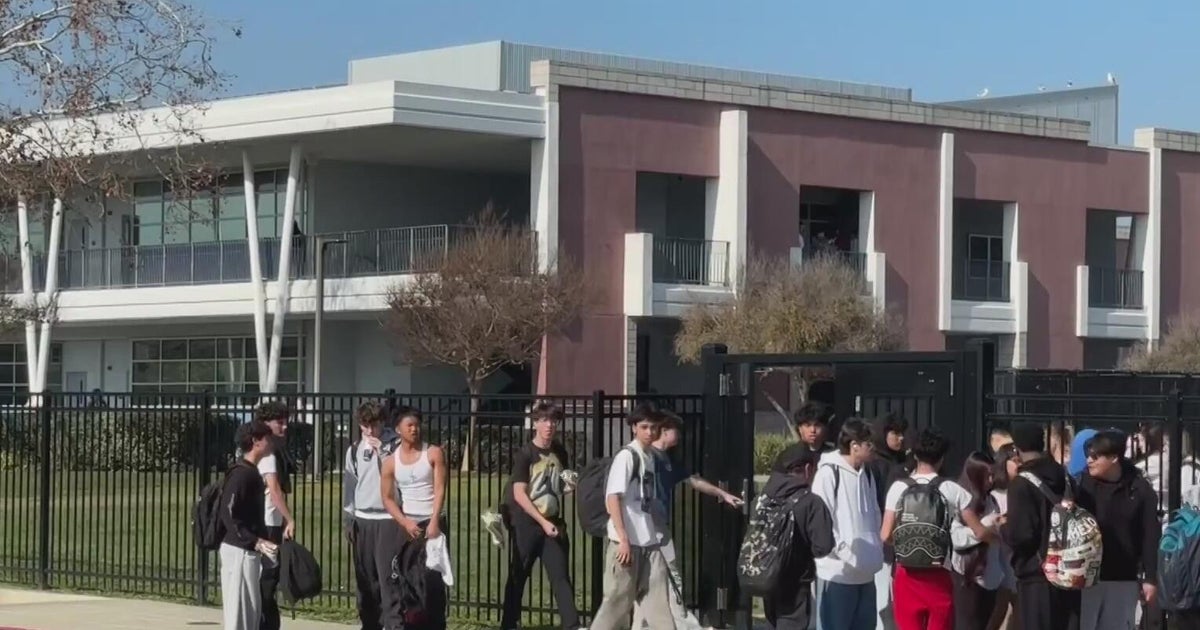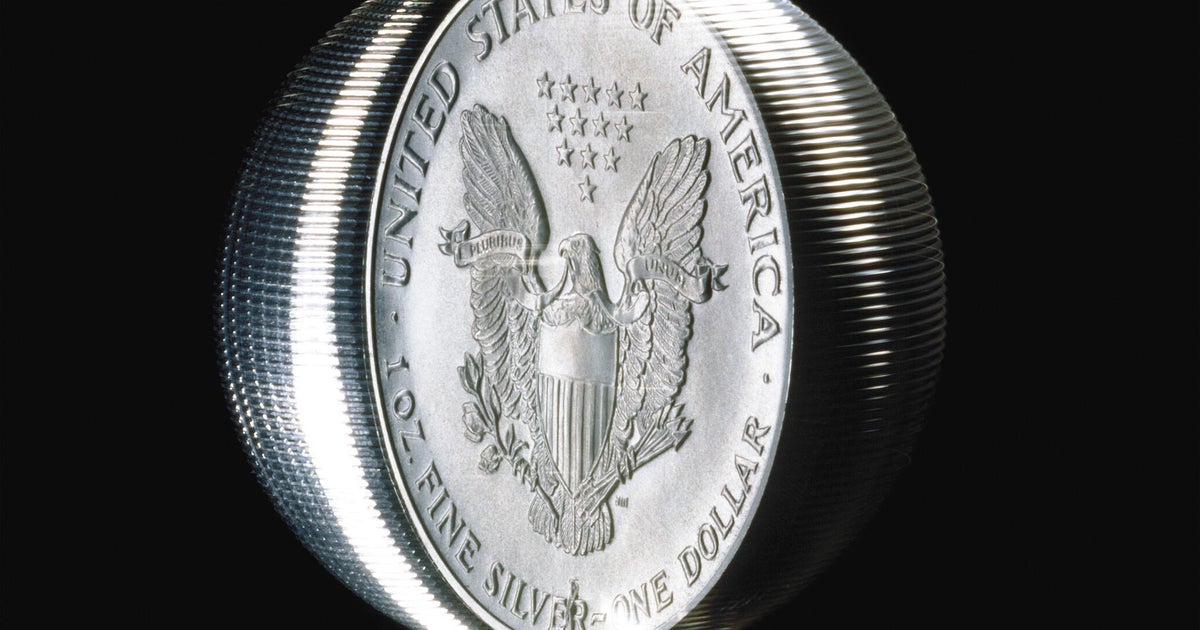How to get approved for a student loan quickly
As summer closes and the academic year begins at colleges and universities nationwide, many students may be scrambling to secure their student loan financing for the upcoming semester and school year. Fortunately, you may still have time to obtain a student loan.
To qualify for a federal student loan—as well as other forms of student aid like grants and scholarships—you must submit a Free Application for Federal Student Aid, or FAFSA. The FAFSA application period runs from October 1, 2022, to June 30, 2024, for the 2023-2024 academic year.
However, you may qualify for grants and federal student loans retroactively to cover your fall and spring semester tuition and other qualified expenses. Refer to the Department of Education to find out your state's filing deadlines, submit your FAFSA, and discover other pertinent information. Keep in mind, the federal student loan process, from application through funding, can range from three weeks to a few months.
It's also possible to get a student loan quickly by opting for the private student loan route. Private lenders typically offer a streamlined application process, which takes about three weeks for approval and funding. Bear in mind, however, that the timeframe could extend if delays occur.
You may qualify for an emergency or private student loan to receive faster funding for your higher education. Start by exploring your private student loan options here to learn more.
How to get a student loan quickly
If you're dealing with an unexpected hardship and need money fast enough to cover your education costs, your first step should be to contact your school's financial aid office. They'll ask you some questions about your situation to determine your best options. You may qualify for a loan for essentials like food and medication, but it typically won't cover tuition fees. However, other resources may be available, such as emergency student loans from nonprofit groups or foundations. Additionally, you might qualify for short-term student loans from federal programs.
If you've received federal student loans in the past, check your student account or ask your financial aid administrator to determine if any unclaimed federal funds are available. Many students forgo accepting the full amount they are awarded for various reasons, and that money may be accessible later. Before applying for an emergency student loan, it's wise to see if you already have funds available.
Private student loans can provide funds fast
Generally, the approval process and funding process are faster with private student loans than with federal loans. You can usually submit your application quickly and receive a decision within minutes. As such, personal student loans are a useful option if you need to cover tuition or other school expenses as soon as possible.
"Private loans typically have an average processing time of 21 days from application to disbursement, which can be beneficial when time is of the essence," says Robert Farrington, founder and CEO at The College Investor.
However, if your application requires additional review, the lender's response, including any conditions, can take another two weeks. It's also important to note that schools typically must certify private student loans before they can be disbursed, which could further prolong the process. Once your loan is certified, the lender will transfer the funds to your school, typically within 10 days before the beginning of the term. Ask any private lender you're considering their timeline for approvals and loan disbursements.
Explore your private student loan options here to learn more.
Benefits of private student loans
In addition to faster approval and funding times, private student loans offer a wide array of benefits, including the following:
- Larger borrowing limits: Loan amounts vary from lender to lender, but private student loans may offer higher borrowing limits of up to $100,000 or more. By contrast, federal student loans can cap your loan at $5,500 to $20,500 per year. Consequently, you can use private loans to bridge the gap between what your federal student loans provide and your total cost of attendance.
- Competitive interest rates: Interest rates on private student loans range from 4% to 16%. As a general rule, the lower your credit score, the lower the interest rate you may qualify for. Federal student loan rates generally have lower rates, ranging from 5.50% (for undergraduate loans) to 8.05% (for graduate and parent PLUS loans), but you may qualify for similar rates with good credit.
- Potential rate discounts: Many lenders offer discounts for good grades, automatic payments and other conditions, such as if you already have another account with the lender.
The bottom line
You can take additional measures to speed up the student loan application process. Applying with a cosigner could improve your approval odds and timeline. You can also prevent delays by promptly submitting any supporting documents or additional details your lender requests. Finally, make sure the information you enter on your application is accurate and complete to help streamline your loan processing time. Get started here today!




